Electrolyte drinks have gained significant popularity in Bangladesh`s soft drinks market. However, these drinks, produced without approval, have landed five companies’ owners in legal trouble. Additionally, there are gradual directives to remove their products from the market. This raises questions about how these products have been in the market for nearly three years without approval.
Rafsan is not listed in the case
Notably absent from the list of cases is Rafsan Blue, a drink by Rafsan, a well-known YouTuber. Despite being embroiled in a legal battle for environmental violations at his factory in Comilla on April 24, Rafsan`s name is conspicuously missing from the list.
Currently, seven companies are producing these electrolyte drinks for the market. Among them, Rafsan`s Blue, which has garnered attention, is absent from the list of cases, leading to speculation.
For More Reading: Rafsan’s electrolyte drink BLU faced penalty not to maintain hygiene
Which authority will grant approval?
While there are complaints against five companies, none have faced legal action as they did not apply to the Bangladesh Standards and Testing Institution (BSTI) for approval. According to BSTI, without a designated code for electrolyte drinks, they cannot grant approval. Hence, none of the five companies received approval for their products.
Meanwhile, medical experts note that the components of these electrolyte products resemble those of widely used saline solutions. Therefore, to approve them, the Directorate General of Drug Administration requires a waiver from the Ministry of Health.
However, Major General Mohammad Yousuf, the Director-General of the Directorate General of Drug Administration, stated that no company has applied for approval for electrolyte drinks. Thus, they cannot make a decision regarding approval.
For More Reading: Court: No approval for sale of five electrolyte drinks
A Tk 60 drink under the guise of Tk 5 saline
Currently, various food-grade saline solutions are available in the market for 5-6 taka. These solutions contain sodium chloride, potassium chloride, trisodium citrate dihydrate, and anhydrous glucose (common sugar).
Comparatively, electrolyte drinks like those from SMC Plus contain sodium citrate, sodium chloride, potassium chloride, glucose anhydrous, sugar, and citric acid. Similarly, Rafsan`s Blue contains citric acid, dextrose, calcium chloride, magnesium chloride, sodium chloride, and potassium chloride. These components are similar to regular oral saline solutions.
However, a 500ml oral saline solution can be diluted in water, making it suitable for consumption. On the other hand, a 500ml electrolyte drink costs 60 taka, while a 250ml bottle costs 35 taka, making it significantly more expensive for consumers.
Potential risk of kidney dysfunction
In Bangladesh, medical experts caution against excessive consumption of oral saline, particularly in cases of diarrhea and dehydration. Overindulging in these oral solutions can significantly impact kidney health. This concern arises due to the presence of similar elements in electrolyte drinks, posing health risks akin to those on the kidneys.
A situation has emerged where `Prime` products are often sold at several times their usual price in the black market. Such popularity has led to counterfeit products flooding the market, raising concerns among consumers. Notably, experts from Bangabandhu Sheikh Mujib Medical University`s Nephrology Department highlight the visible presence of various salts in electrolyte drinks.
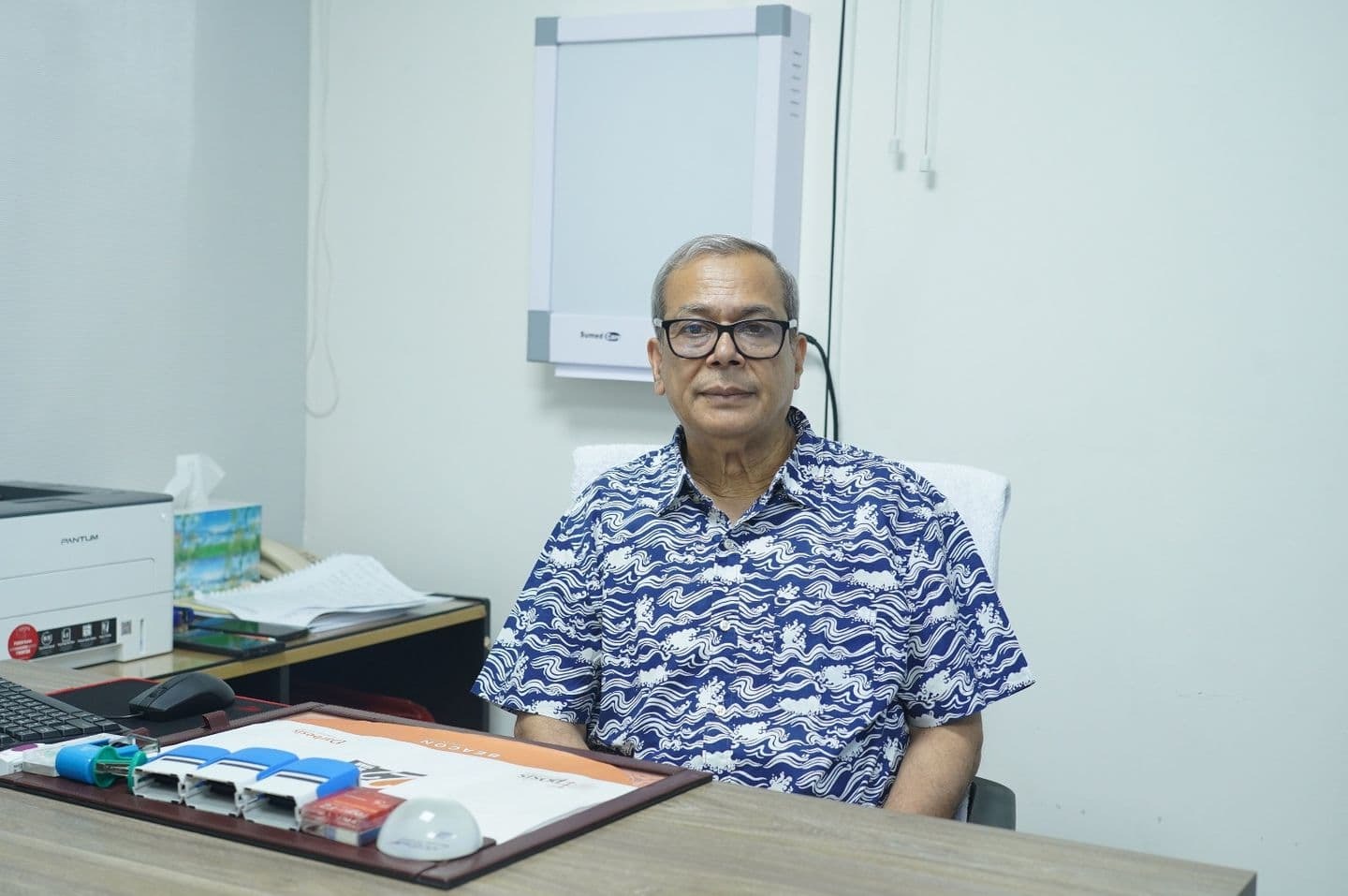
According to Professor Mohammad Rafiqul Alam, former chairman of the department, excessive consumption of these beverages can adversely affect kidney function. He warns of increased sodium and potassium levels in the blood, leading to dehydration, cognitive impairment, and heightened risk of heart disease.
No warnings, those at risk
Experts advise seeking medical consultation before consuming excessive amounts of these beverages. Despite this, there are no specific warnings on the packaging, except for the statement `Not for Diabetic Patients (Polyuria or Glycosuria)`. Notably, no established organizations have issued any alerts regarding the potential risks associated with these drinks.
Dr. Salehuddin Mahmud Tushar, a specialist in sports medicine, notes the widespread popularity of electrolyte drinks among athletes. These drinks replenish lost salts during rigorous physical activities. However, he emphasizes that healthy individuals can obtain these salts through regular diets and water intake, minimizing the need for such beverages.
Therefore, individuals, especially those with diabetes, children, and the elderly, are advised to refrain from consuming electrolyte drinks to mitigate potential health risks. Professor Mohammad Rafiqul Alam further stresses the need for cautious consumption of oral saline, primarily recommended for cases of diarrhea, vomiting, and dehydration. Despite the affordability and accessibility of electrolyte products, their widespread consumption poses significant health risks.
Why the global craze for electrolyte drinks despite health risks
Electrolyte drinks have become a globally popular and rapidly growing beverage. Countries like India, North America, and Europe see widespread use and popularity of brands such as Gatorade (PepsiCo), POWERADE (Coca-Cola), and Rebalanz (Dr. Reddy’s).
Addressing this phenomenon, Pran Group`s CEO Elias Mridha states, "We are preparing to appeal against the case concerning electrolyte drinks. We will abide by the court`s decision."
However, despite their global popularity, electrolyte products lack approval in many countries worldwide. The Food and Drug Administration (FDA) in the United States has not granted approval to any electrolyte products. Yet, this hasn`t hindered their market proliferation. Previously, these types of beverages were mainly embraced by athletes globally, but this perception shifted in 2022.
On January 4, 2022, the renowned YouTuber Logan Paul initiated the launch of a product named `Prime`, utilizing influencer marketing strategies to swiftly gain popularity among the masses.
"We primarily recommend oral saline solutions for those suffering from diarrhea, vomiting, or dehydration. However, due to the marketing of electrolyte products, everyone is consuming them casually, which could pose health risks," says Professor Mohammad Rafiqul Alam, former chairman of the Nephrology Department at Bangabandhu Sheikh Mujib Medical University.
The situation has escalated to the extent that `Prime` products are sold several times their original price in the black market. Such is their popularity that counterfeit products have flooded the market, raising concerns among consumers.
Even Bangladeshi YouTubers have contributed to the hype around `Prime` drinks, bolstering the brand `Blue` through their endorsements.
For More Reading: Court orders immediate withdrawal of SMC Plus electrolyte drinks



-20260106082251.webp)
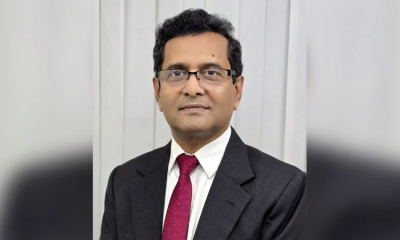
-20251231101531.webp)
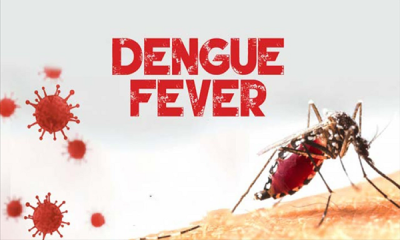
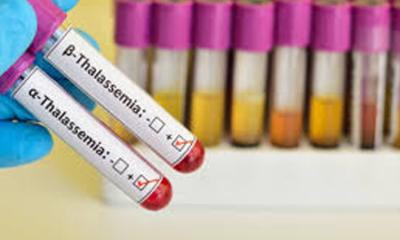
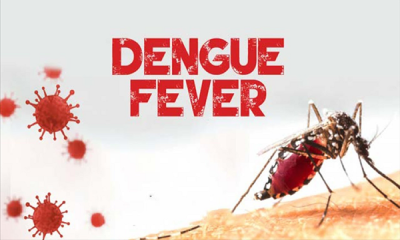




-20260226080139.webp)






-20260225072312.webp)










-20260219054530.webp)
-20260224075258.webp)





-20260221022827.webp)